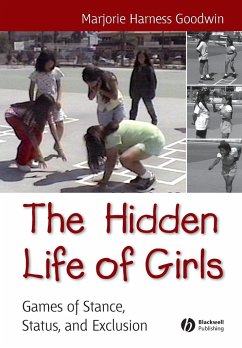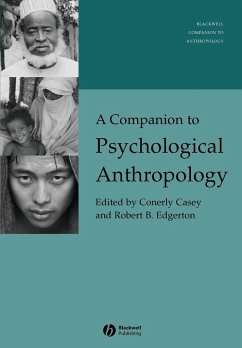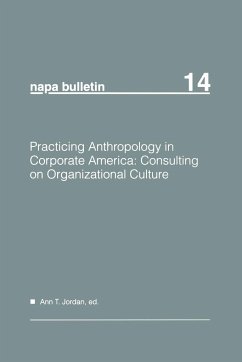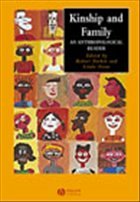Nicht lieferbar
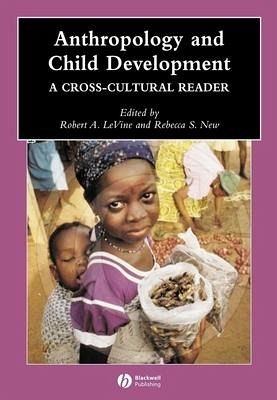
Anthropology and Child Development
A Cross-Cultural Reader
Herausgeber: Levine, Robert A; New, Rebecca S
Versandkostenfrei!
Nicht lieferbar
This unprecedented collection of articles is an introduction to the study of cultural variations in childhood across the world and to the theoretical frameworks for investigating and interpreting them. With a focus on the child's participation in, and acquisition of, cultural practices, the readings include ethnographic studies of childhood among hunting-and-gathering, agricultural, and urban-industrial peoples in the Pacific, Africa, Latin America, East Asia, Europe, and North America. Introductions to each section provide the student with an historical and conceptual framework for understand...
This unprecedented collection of articles is an introduction to the study of cultural variations in childhood across the world and to the theoretical frameworks for investigating and interpreting them. With a focus on the child's participation in, and acquisition of, cultural practices, the readings include ethnographic studies of childhood among hunting-and-gathering, agricultural, and urban-industrial peoples in the Pacific, Africa, Latin America, East Asia, Europe, and North America. Introductions to each section provide the student with an historical and conceptual framework for understanding the significance of the particular studies and their implications for developmental theory and educational practice. From the earliest analysis of cultural difference to the most recent articles examining ecological, semiotic, and sociolinguistic difference, Anthropology and Child Development illuminates the process through which people become the bearers of their historically and culturally specific identities.




